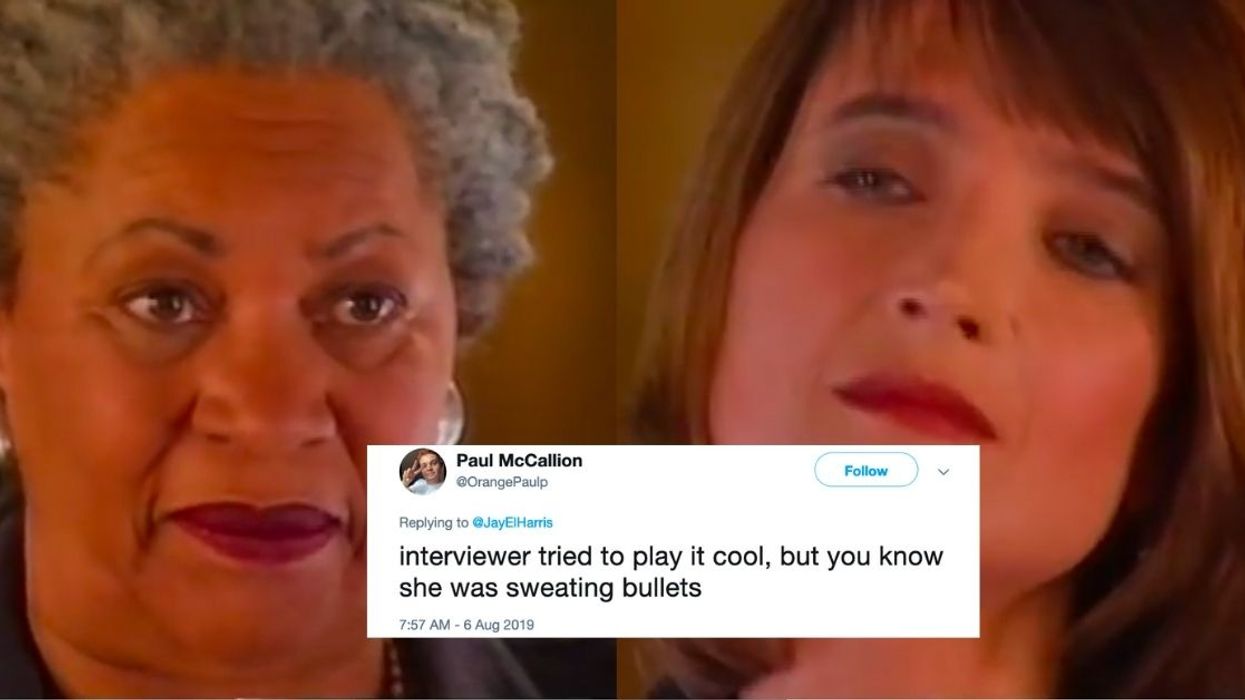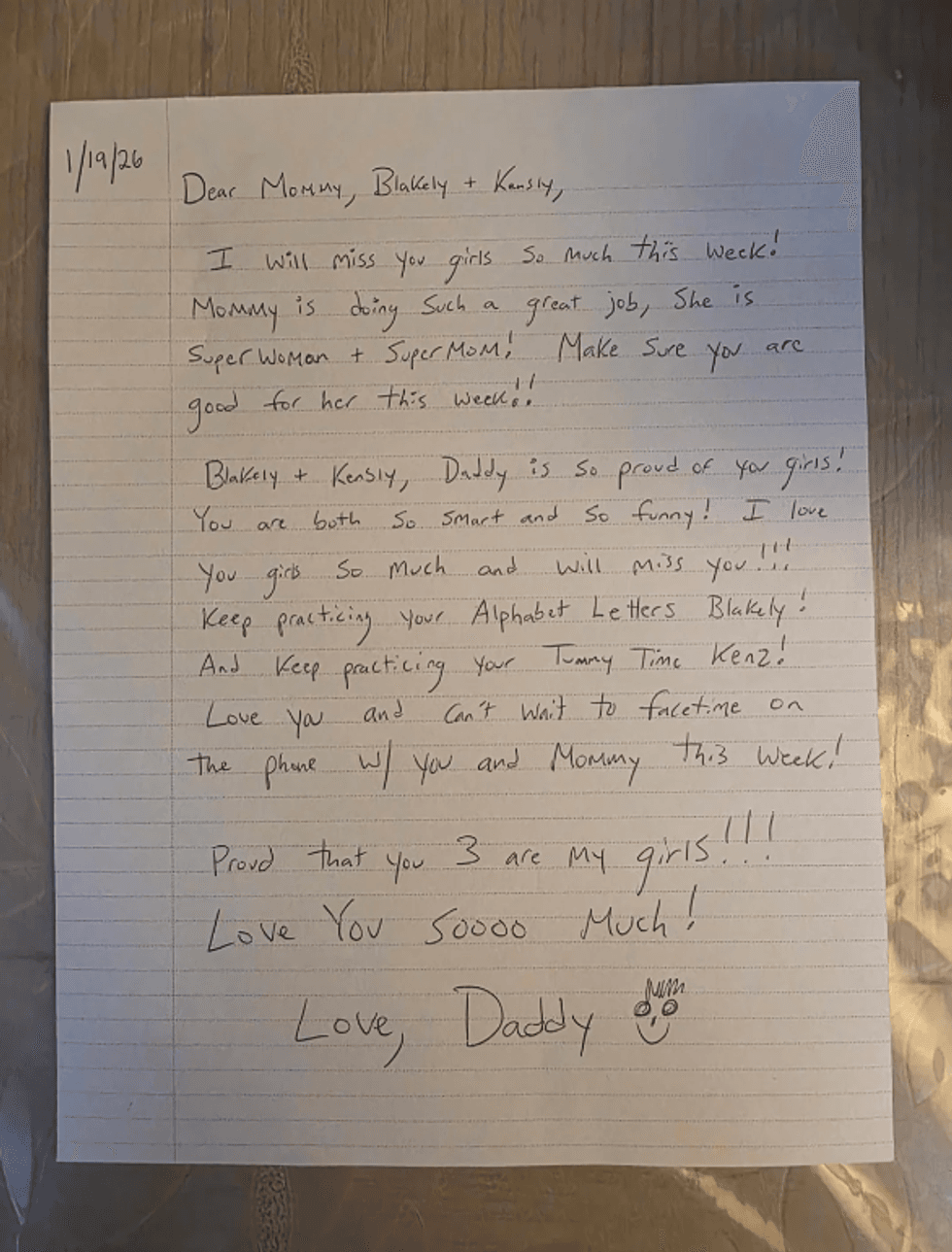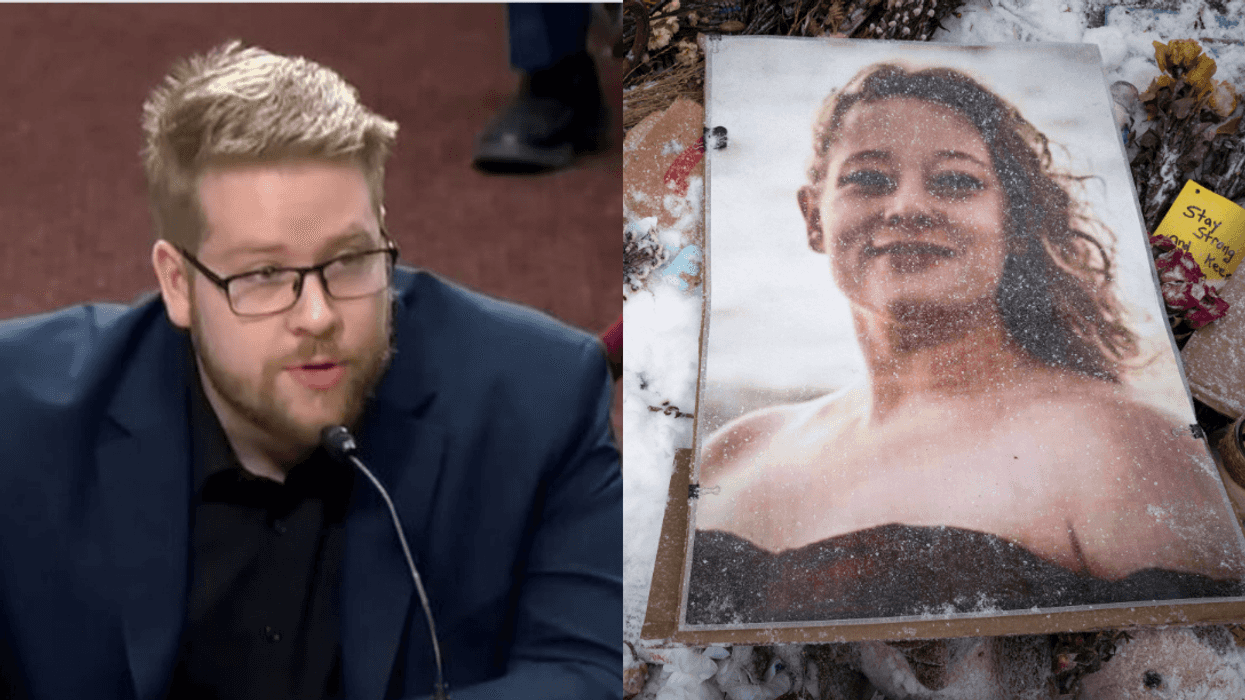Celebrated African American novelist and Nobel laureate Toni Morrison died on Monday at Montefiore Medical Center in New York.
She was 88.
The former professor emeritus at Princeton University contributed such powerful novels centering on the black condition and struggles depicted in award-winning books like Sula and Beloved.
While the literary world is in mourning over the loss of a national treasure, her words stay with us.
A video from a 1998 interview in which Morrison called out her interviewer, journalist Jana Wendt, for a racist question is now going viral.
Morrison had always been vocal about racism, and the interview with Wendt was a prime example of her commitment.
During the program "Toni Morrison: Uncensored," the journalist asked the author if she would ever deviate from her "safe space" for her art to "change and write books that would incorporate White lives...in a substantial way."
The author responded:
"You can't understand how powerfully racist that question is, can you?"
You can watch the full interview below.
Toni Morrison interviewwww.youtube.com
Morrison added that a similar question could never be asked of a white author.
"You could never ask a White author, 'When are you going to write about Black people?' Whether he did or not, or she did or not. Even the inquiry comes from a position of being in the center.'"
She added:
"It's inconceivable that where I already am is the mainstream."
Her powerful words from the past resonate now more than ever.
Admirers of her work expressed their reverence for one of the most influential writers of our time.
Wendt tried to save face by calling her line of inquiry pertinent to the author's narrative and continued by adding another spin.
"Whether you want to alter the parameters of it, whether you see any benefit in doing that or will you clearly see disadvantages in doing it from your own point of view?"
Morrison compared being an African American writer to being a "Russian writer that writes about Russia in Russian for Russians."
"The fact that it gets translated and read by other people is a benefit, it's a plus. But he's not obliged to ever consider writing about French people, or Americans, or anybody."
People couldn't help but notice Wendt's awkward attempt at backpedaling and commented on Morrison's composed reaction with unequivocal profundity and grace.
Morrison brought Black literature into the mainstream starting with her first book The Bluest Eye in 1970.
It was a short story developed as part of an informal literary group that shared their writings at Howard University and was about a young Black girl longing to have blue eyes.
Her second novel Sula, about the friendship between two Black women, was published in 1973 and was nominated for the National Book Award two years later.
Perhaps her most compelling and famous novel is Beloved, based on the real-life tragedy of an enslaved African-American woman who fled and was recaptured by slave hunters.
Beloved remained a best seller for 25 weeks but never won the prestigious National Book Award or the National Book Critics Circle Award, a snub that was protested by 48 Black critics and writers including Maya Angelou.
Eventually, Beloved won the Pulitzer Prize for fiction and the Anisfield-Wolf Book Award, which honors written works for their contribution to the understanding of racism and diversity.
In addition to being an essayist, editor, and writer, Morrison also held a political voice.
She wrote an essay for the November 21, 2016 issue of the New Yorker called "Mourning For Whiteness," in which she said White voters who are afraid of losing their privilege afforded to them by race caused them to elect Donald Trump as President.
Here are some excerpts.
"Under slave laws, the necessity for color rankings was obvious, but in America today, post-civil-rights legislation, White people's conviction of their natural superiority is being lost. Rapidly lost."
"There are 'people of color' everywhere, threatening to erase this long-understood definition of America."
"In order to limit the possibility of this untenable change, and restore whiteness to its former status as a marker of national identity, a number of White Americans are sacrificing themselves."
"They have begun to do things they clearly don't really want to be doing, and, to do so, they are (1) abandoning their sense of human dignity and (2) risking the appearance of cowardice."
May she rest in power.
Toni Morrison's wisdom is available in The Source of Self-Regard: Selected Essays, Speeches, and Meditations, available here.














 Awkward Pena GIF by Luis Ricardo
Awkward Pena GIF by Luis Ricardo  Community Facebook GIF by Social Media Tools
Community Facebook GIF by Social Media Tools  Angry Good News GIF
Angry Good News GIF 
 Angry Cry Baby GIF by Maryanne Chisholm - MCArtist
Angry Cry Baby GIF by Maryanne Chisholm - MCArtist 
 @adriana.kms/TikTok
@adriana.kms/TikTok @mossmouse/TikTok
@mossmouse/TikTok @im.key05/TikTok
@im.key05/TikTok @biontrtwff101/TikTok
@biontrtwff101/TikTok @likebrifr/TikTok
@likebrifr/TikTok @itsashrashel/TikTok
@itsashrashel/TikTok @ur_not_natalie/TikTok
@ur_not_natalie/TikTok @rbaileyrobertson/TikTok
@rbaileyrobertson/TikTok @xo.promisenat20/TikTok
@xo.promisenat20/TikTok @weelittlelandonorris/TikTok
@weelittlelandonorris/TikTok @katiebullit/TikTok
@katiebullit/TikTok @rube59815/TikTok
@rube59815/TikTok
 u/Fit_Bowl_7313/Reddit
u/Fit_Bowl_7313/Reddit
 @meteorblades/Bluesky
@meteorblades/Bluesky @bodenkelly/X
@bodenkelly/X